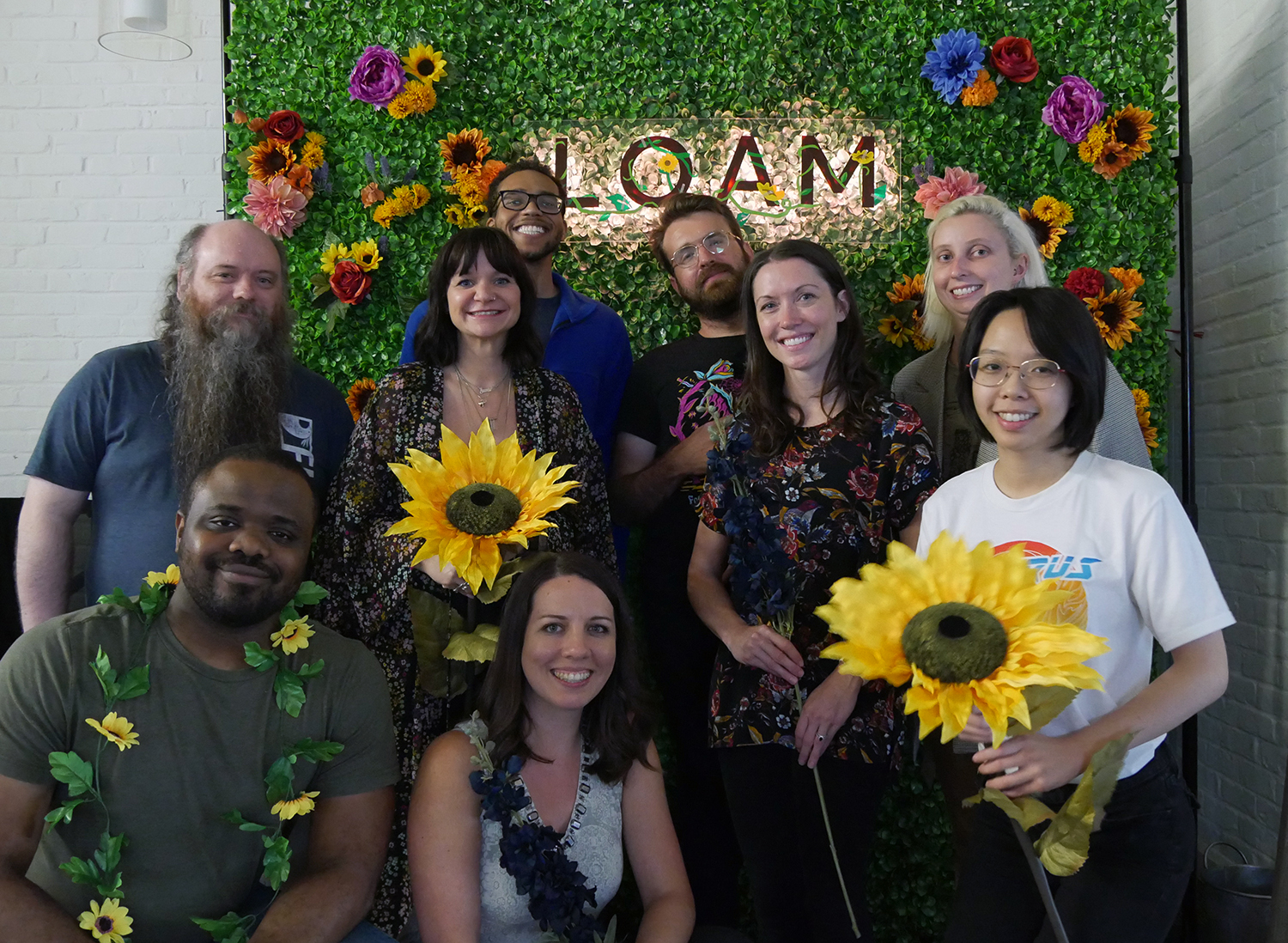KICKSTART YOUR CAREER IN GAME DEVELOPMENT

Written by Nick Foster
Let’s face it, we all want to make games. Game development offers a uniquely rewarding career that allows you to celebrate your work in unusual ways. In what other industry are you afforded the luxury of being able to literally play with your work? Luckily, every great game needs a team behind it—people who can design gameplay, implement sounds, write code, create assets, and playtest each build. Because game production blends technical abilities and logic with artistic expression and creativity, there’s a role for everyone regardless of your skillset or interests. Take our team, for example:


With so many accessible, often free online resources at your disposal, there’s never been a better time to enter the gaming industry. However, just like any other significant undertaking, figuring out where to begin is the hardest part. Whether you want to make game development your new career or your next hobby, our team of developers and artists will share within this article their go-to tools and resources, plus their suggestions for professionals looking to break into the industry.


With so many resources at your disposal, there’s never been a better time to enter the gaming industry.
Our team’s best advice for an aspiring game artist or developer would be to start small and think big. If you’re interested in forging a career in game development, then you should be prepared to spend time developing your abilities and familiarizing yourself with the software and languages you anticipate using the most. With that said, the best place for you to start your journey might actually be away from the computer.
You can’t start designing games until you start thinking like a game designer! Creating your own board game is an incredibly effective introduction to the world of game production. When you look at the steps involved, producing a board game is surprisingly similar to video game production. Regardless of their medium, every game needs a working set of rules designed with players in mind, then they eventually need playtesters to highlight potential improvements for the next iteration or build.
At the moment, many aspiring 3D artists and developers are denied the hardware needed to develop satisfying video games simply because it is too expensive to acquire. This is another reason board games are a great place to start, but if you’re truly ready to take the next step, we suggest taking advantage of the local opportunities unique to your area. By participating in meetup groups and organizations like the International Game Developer’s Association (IDGA), you may find regular access to the expensive hardware you’re seeking.
To craft the magical world of Loam, our team uses the game engine Unity, which you can download and start learning for free. As you familiarize yourself with Unity (or your engine of choice) and start producing your game, you will inevitably encounter obstacles. Bringing questions to your local meetup group is a great way to gain new insights, but this is not always possible. Thankfully, there are a plethora of free and accessible resources online!
Meeting others with similar interests, skills, and goals is perhaps the most exciting aspect of pursuing any passion. While attending college facilitates limitless networking opportunities, it is not the only path for aspiring developers or artists. Above all else (including degrees), you should value your portfolio, your previous work experience, and your connections in the industry. With so many possible ways to enter the industry, here is how our team managed to do so:
Aspiring game artists and developers should be prepared to spend lots of time refining their trade. Again, start small and think big; with consistent practice, you’ll start to master your software, understand programming languages, improve your artistic vision, and perfect your creative abilities.



